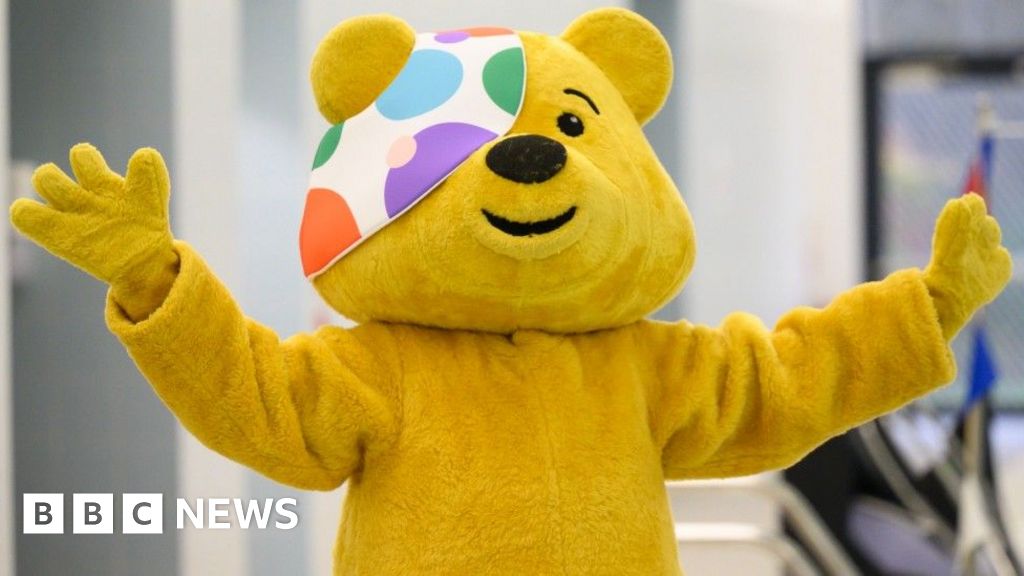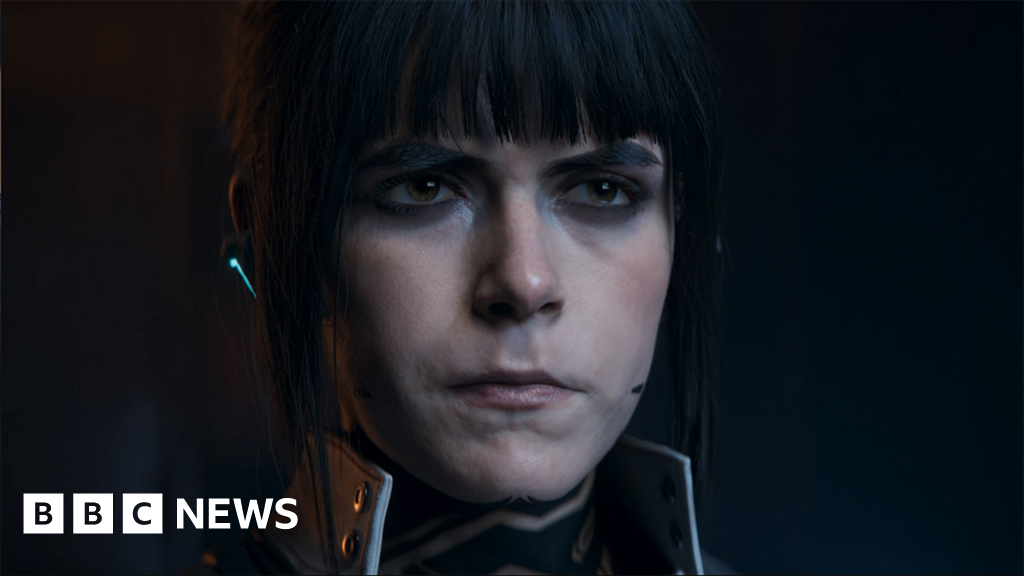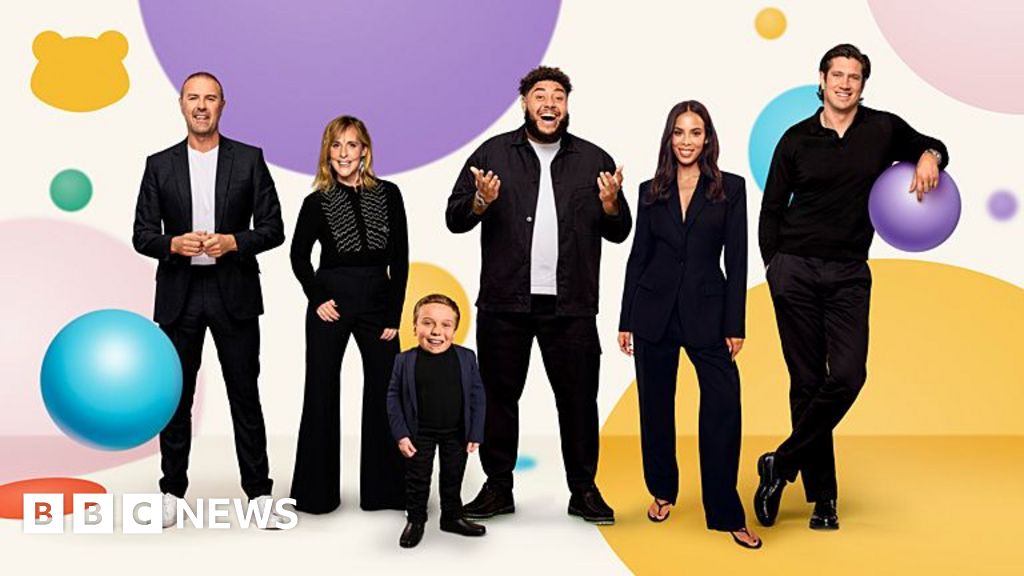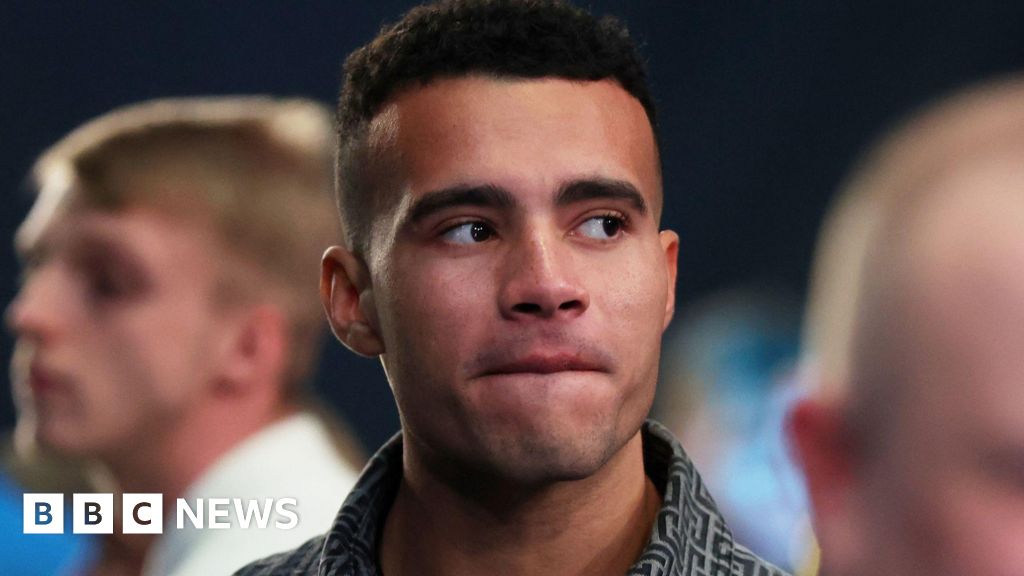After more than a decade on the air, Bachelor in Paradise is known for a few things: young, hot singles hooking up and having it out on a white sand beach, endless swimsuits and humorously edited shots of tropical wildlife.
When the reality dating show returned this summer, after a two-year hiatus, ABC decided to shake up the formula.
Instead of welcoming dozens of twenty and thirtysomething contestants back for another round of cocktails and confessionals, producers decided to cast a wider net. The revamp would include youngins mixing it up with the older, equally attractive contestants from The Golden Bachelor and Golden Bachelorette.
“For the first time ever, Golden men and women will be hitting the beaches of Paradise alongside all of your Bachelor and Bachelorette favorites from seasons past,” franchise host Jesse Palmer announced during the Season 29 finale of The Bachelor. “So how is this whole thing going to work? You’re going to have to tune in to find out.”
Naturally, age-gap discourse ensued — and just as predictably, controversy soon followed.
With the format change, both Palmer and longtime Paradise bartender Wells Adams expressed their hopes for age-gap romances among the Bachelor extended universe in the run-up to the July season premiere.
“This happens all the time in the real world. Look at Bill Belichick right now,” Adams told Us Weekly, referencing the 73-year-old UNC football coach’s romance with Jordon Hudson, 24.
Some longtime fans and Bachelor alumni reacted negatively, suggesting that the idea was creepy, or at least inappropriate.
Palmer soon adjusted his message, instead saying he "encouraged everyone to stay in their generational lane and just not make it weird.” Still, the discourse was curious for a time when so many age-gap relationships seem to be unfolding in the public eye. Is our patience for these May-December romances wearing thin, or is the Bachelor audience specifically primed to reject an age-diverse dating pool?
The golden rule
When The Golden Bachelor premiered in Sept. 2023 to record ratings, it felt like a potential antidote for the franchise’s traditionally narrow outlook on age and dating.
In any given season of The Bachelor, any woman over 30 is liable to worry about being treated like a crone next to her younger peers. During Clayton Echard’s Bachelor run, a 33-year-old contestant called herself a "cougar." Although The Golden Bachelor and Bachelorette dig deeper and have earned praise for focusing on participants’ emotional depth rather than their age or how they look in a dress or suit, the franchise has kept those shows’ participants separate from their younger counterparts, save for a cameo here and there to offer advice. Until now.
Bachelor in Paradise’s age-gap exploration follows a growing trend in the reality dating space. In addition to ABC’s Golden franchise expansion, Netflix launched its own mature dating show, The Later Daters, in 2024. Then there’s TLC’s MILF Manor, in which mothers and their sons hit the beach together only to find out that they’ll all be dating other parents and offspring.
Gerry Turner (center) was ABC's first Golden Bachelor. (John Fleenor/ABC via Getty Images)
Up next in 2026, Bachelor star Nick Viall, who is 44, and his wife, Natalie Joy, who is 26, are hosting their own age-gap dating show, Age of Attraction, where “age is thrown out the window when singles search for their soulmates.”
The flurry of newer shows that subvert age expectations follows a familiar pattern in reality television, Andy Dehnart, editor of Reality Blurred and president of the Television Critics Association.
Whenever a new format finds even moderate success, everyone races to create their own version “and generally falls on their face because they've missed whatever makes that thing interesting,” he says.
But age-gap dating series and those centered around more mature singles could strike the right balance of familiar and novel to viewers, Denhart says. He doesn’t foresee age gaps taking over reality TV, though. “I don't expect every single show to suddenly do this, or Big Brother next summer to be a house full of twentysomethings and fiftysomethings,” he says.
A sign of the times
While shows about older singles’ experiences in the dating world reflect a growing spirit of inclusivity in reality television, the focus on age gaps, specifically, seems out of step with real-world trends. According to Pew Research, the share of heterosexual relationships in which the husband is older than his wife by three or more years has been steadily declining since 1880. In fact, data shows married couples keep getting closer in age. In 2000, 46% of opposite-sex married couples consisted of spouses who were two years apart in age or less. In 2022, that increased to 51%.
Whereas in the past, supposed “gold diggers” were often maligned to the point of outright harassment (see: Anna Nicole Smith), younger generations are highly attuned to the skewed power dynamics that can arise in these relationships and are more likely to criticize the older partner in the couple as a “cradle robber.”
Perhaps because of this, the public discourse has not been kind to many of the celebrity age-gap relationships we’ve seen of late. Viall and Joy faced criticism from both within and outside Bachelor Nation for their 18-year gap; Belichick and his “creative muse” Hudson have weathered public scrutiny for their nearly five-decade age disparity; and Tom Cruise’s new, much younger rumored flame, Ana de Armas, has already been accused of ageism for apparently liking an unflattering social media post about his ex, Nicole Kidman’s supposed cosmetic work.
Bill Belichick and Jordon Hudson on the red carpet at the 14th Annual NFL Honors. (Michael Owens/Getty Images)
Within this context, it’s hardly a surprise that the idea of Boomers hooking up with millennials and Gen Z-ers on the BiP beach did not spark joy for many.
But Lavonne McNeil, a 60-year-old billing specialist from Englewood, Colo., who has been watching the Bachelor franchise since the 2000s, has a different perspective. When she met her late husband Larry, who died nearly two years ago, she was 32 and he was 54. They married after seven years of dating and remained together until his death.
“It was a beautiful run, and I absolutely loved and adored him,” McNeill said. “He made me feel safe, and he made me feel validated. He was the best person I could ever ask for in my corner.”
The way McNeill sees it, the dismissive takes about a May-December romance ignore a core reality of falling in love: the heart wants what it wants, social expectations be damned. In her case, the relationship lasted 27 years, throughout which she and Larry loved one another intensely. The difficulty only arose at the very end.
As a couple with significant years between them grows older, she says, their dynamic begins to change. “It's not so much a couple anymore, as it is like taking care of a parent,” she says. “That is only the downfall [of] that. But I was there until the end regardless, because I knew that was my responsibility.”
McNeill feels a little differently about the prospect of age gaps on Bachelor in Paradise than some of the online commentariat. “Age is not a factor,” she says about falling in love — at least, not in her case. Compatibility “depends on the couple. It's not a one-size-fits-all. … It’s a case-by-case scenario.”
The men on Bachelor in Paradise strut their stuff. (Bahareh Ritter/Disney)
Dehnart also believes the Paradise age-gap discourse has gotten a little off track. He acknowledges that age gaps typically bring with them a power differential that can become problematic. Given that dating shows typically reinforce traditional understandings of heterosexual relationships, and especially at a time when the culture is trending back toward conservatism, he says, “I think it's understandable that when you disrupt that a little bit, people get weirded out.”
At the same time, Dehnart argues, the singles on Bachelor in Paradise are in their late twenties to early thirties. “People in their 30s, especially those who've already been on a reality TV show, know what they're doing — not only in front of the camera, but in relationships,” he says. “At least enough to make those kinds of choices.”
Parisa and Brian kiss on Bachelor in Paradise. (Bahareh Ritter/Disney)
These productions are also hyper-mediated environments, in which many conventional aspects of dating fly out the window. In Paradise, especially, where marriage is a potential result but not necessarily the goal, applying traditional rules of dating starts to feel a little self-defeating. As Dehnart puts it, “I don't think that anyone’s expecting [Paradise] to be, really, the solution to their relationship issues.”
Age is just a number
So far, the Goldens and their younger counterparts have kept things light on the BiP beach — although Sean McLaughlin, 28, and April Kirkwood, 67, heated things up with a steamy kiss during a hot (and feathered) chemistry challenge. Kirkwood previously gave Jonathon Johnson, also 28, her rose when he faced elimination, but he’s since clarified that their bond remains strictly platonic. Chances are, we won’t see a full-blown relationship form between any of the Goldens and the junior cohort, but in this horny setting, it’s wise to never say never.
April on Bachelor in Paradise. (Bahareh Ritter/Disney)
After a lackluster ninth season, before its hiatus, Paradise, along with the Goldens, has now added a $500,000 cash prize. For the first time since 2007, The Bachelorette won't air a new season this year — news that broke not long before two lead producers left the franchise. Ratings for The Bachelor have been trending downward for years. Within that context, the experimentation we’re seeing on Paradise begins to feel like part of a bigger pivot. ABC and Warner Bros. did not immediately respond to Yahoo’s request for comment on the state of the franchise.
According to Dehnart, this move could be interpreted as a “last-ditch effort” to save the Bachelor franchise by taking its newest, Golden success and blending it with something that’s historically worked — like transforming its onscreen talent into a revolving cast of pseudo soap opera stars who create new stories again and again. So far, the season has not performed well relative to its predecessors; Season 10’s premiere brought in the lowest viewership in Paradise history.
“This is maybe our first network franchise that is ready to go away,” Dehnart says. Mixing age groups, he suggests, “could be something that injects a little bit of life into it at this late stage and maybe gives us a few more years, depending on how it plays out.”

 Movie
Movie 3 months ago
215
3 months ago
215 




![Presidents Day Weekend Car Sales [2021 Edition] Presidents Day Weekend Car Sales [2021 Edition]](https://www.findthebestcarprice.com/wp-content/uploads/Presidents-Day-Weekend-car-sales.jpg)




 English (United States)
English (United States)